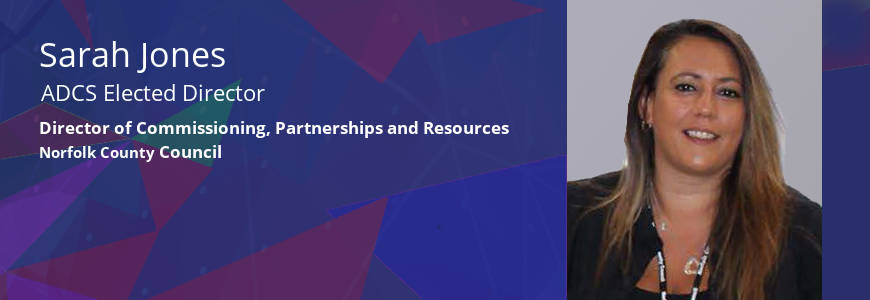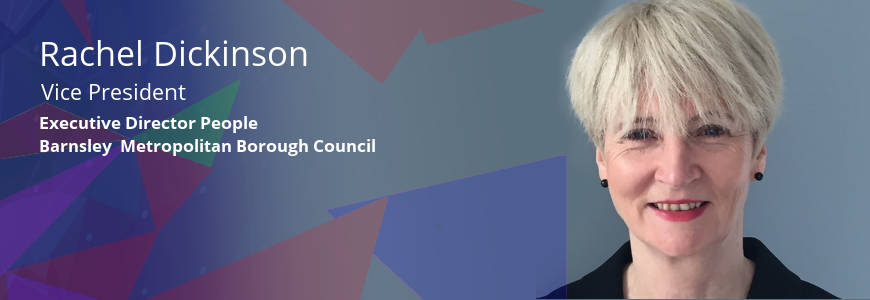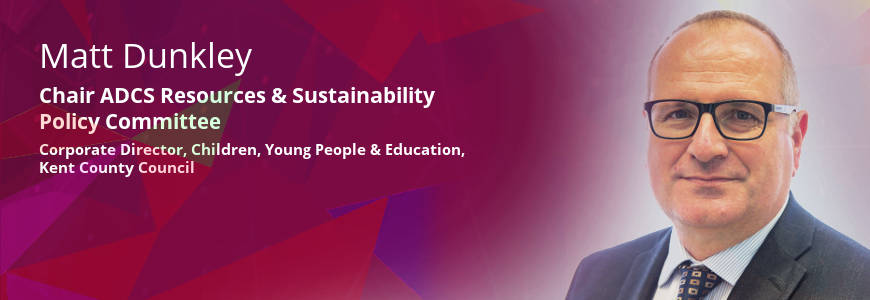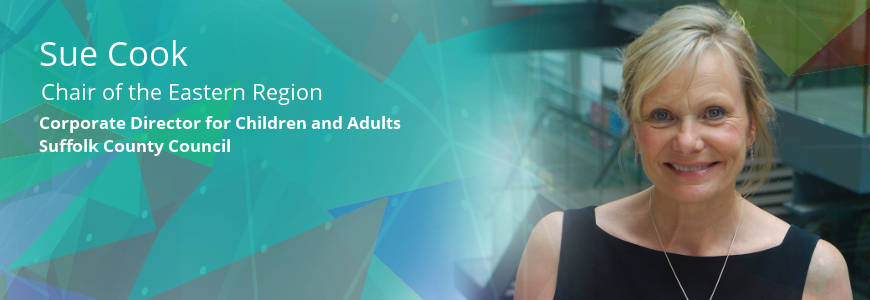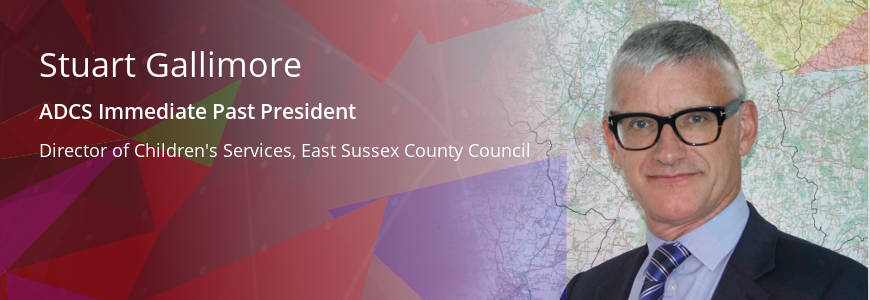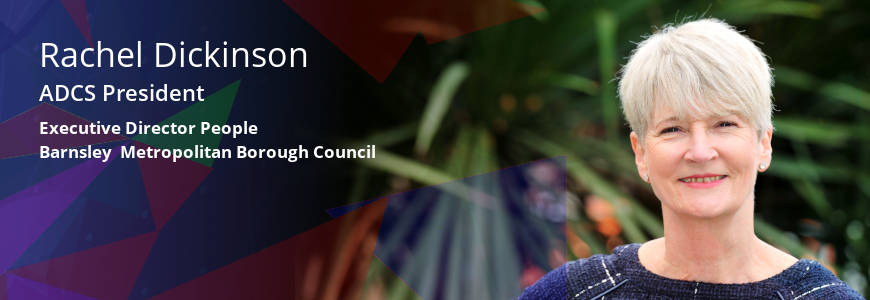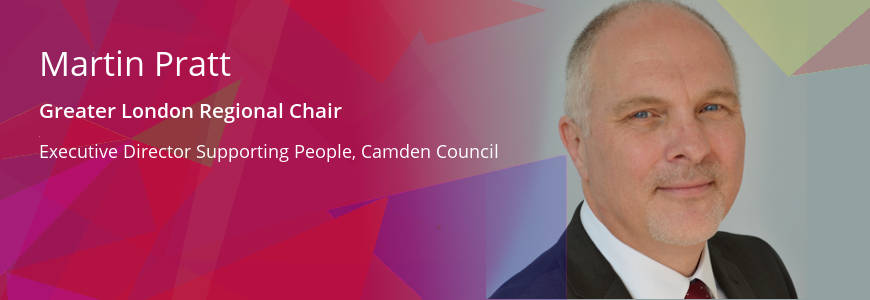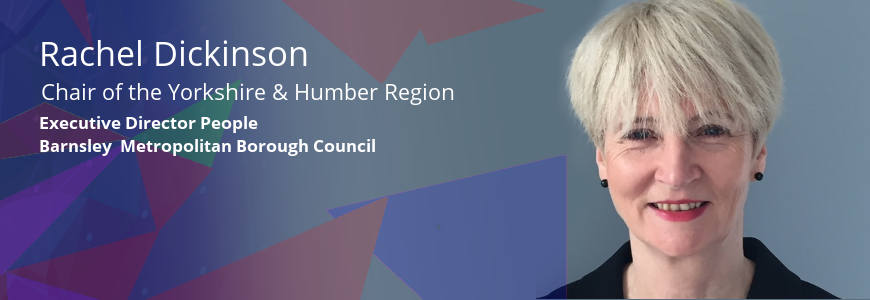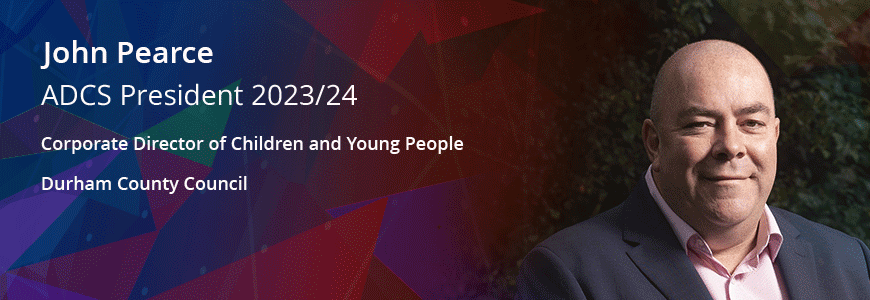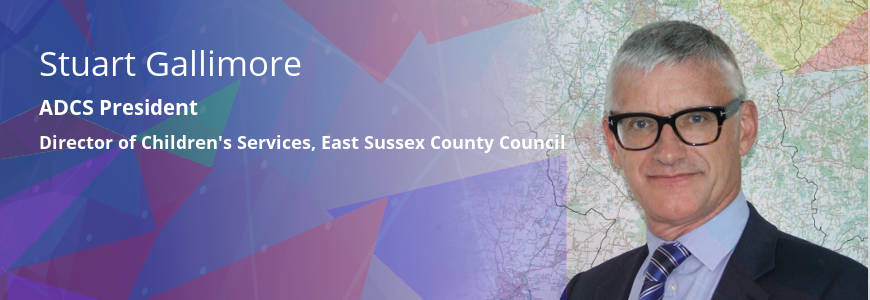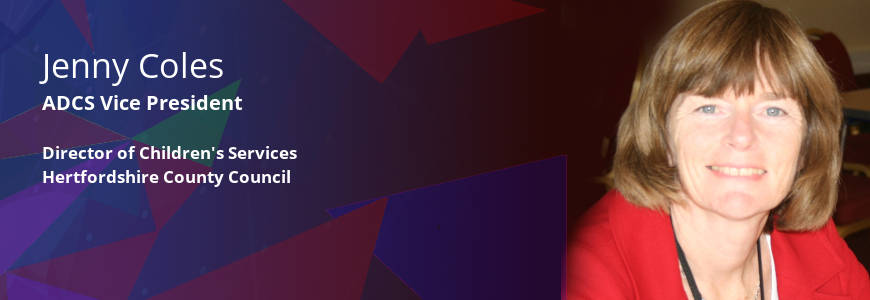Words may be mightier than the sword…
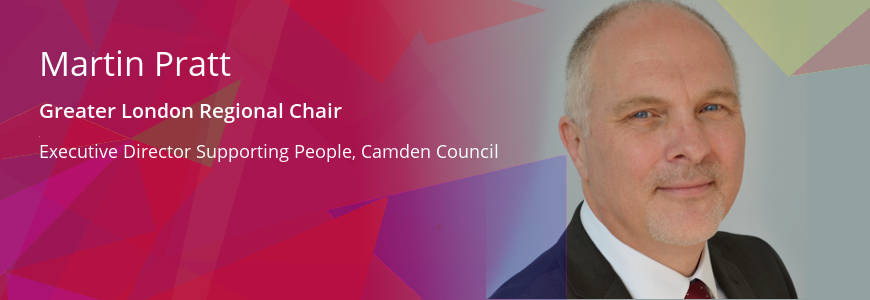
Now that the first few weeks of the school term are behind us, I’ve taken time to pause and reflect on the challenges and highlights of the summer months. As holidays become a distant memory and we build up to the inevitable budget planning round, I’ve found myself thinking about the summer experience for many of London’s young people. On the one hand there have been amazing opportunities to participate, volunteer, engage with each other and, dare to say the word, have fun. In spite of dramatic and counter-productive cuts that have had to be made to youth services, hard pressed councils, resourceful communities, voluntary and community sector organisations, and amazing groups of young people have planned, resourced, delivered and enjoyed a rich variety of activities. I am sure that there has been a similar experience up and down the country even if every year it gets harder and harder to do. There has also been the drama and excitement of exam results as thoughts turn to possible futures. You only get one chance to be a teenager so whatever the context that’s the one you have to take, and most young people do just that.
But for some young people the summer has also brought vulnerability to exploitation, the threat of ‘county lines’, fear and anxiety, and the trauma of violence. This group of youngsters get much media attention and little public understanding. Directors of children’s services and their colleagues across the capital have given a lot of thought to how we, as systems leaders, champions for young people, and corporate parents rise to the challenge of addressing the spike in serious violence, particularly knife crime, and the conditions that allow it to occur (it is worth saying this is not a problem unique to London as many areas are grappling with similar challenges). In the spring we brought together a cross section of practice managers from youth work, youth offending teams and social work to think about how we respond to these events when they occur and how we build a resilient workforce who can make a real difference to young people who, in some cases, are literally on the threshold of life and death. You can read the report from that event here.
The leadership challenge has been to resist simple single factor explanations or knee jerk responses and to recognise that reducing the risk of young people being drawn into the cycle of violence requires whole system thinking and a whole system response. This is sometimes referred to as a “Public Health” response. In my own authority, members, officers and partners have worked with communities and young people to better understand and respond to rising levels of youth violence through a Youth Safety Taskforce. This work, which started last December, was given extra impetus when two young men sadly lost their lives in separate incidents on the same night in February. The conclusion and associated recommendations are organised across five themes: prevent, identify, support, disrupt and enforce. Because of this, across the partnership we can ensure we have a whole system response which reduces the likelihood of involvement, helps those most at risk, disrupts the conditions where exploitation and violence can occur and takes action to keep young people and communities safe. There are no quick fixes but we have already seen some of the benefits.
So why have I referred to words and swords in the title of this blog? Well, when reflecting on the last few months, there were two points at which the power of words to frame our thinking about this issue seem significant. The first was in planning the taskforce, which originally had a working title of the Youth Violence Taskforce. Had the work continued on that basis I think our response, and certainly that of the young people whose insights have been so powerful in developing the recommendations, would have been very different. The other was a moment when, like many of you, I received another email from the police reporting a knife incident and referring to the injuries as “not life changing or life threatening”… and whilst I understood what this meant, I defy anyone to experience the trauma of being stabbed, or indeed doing the stabbing, and for that not to be profoundly life changing. For those of us privileged to lead in children’s services, we should never let the language we use minimise the impact of violence on young people’s lives or our determination to do something about it.
*The final report from Camden’s Youth Safety Taskforce proposes collective community response to break the cycle of exploitation of young people in the borough - click here to read.
Related Blog Articles
It feels like the Christmas break was a very long time ago now, but as it’s...
In General
Domestic abuse can happen to anyone, anywhere. Both men and women can be victims...
In Safeguarding & Child Protection
This blog was first due a couple of weeks ago, but the small matter of an ILACs...
In
The Eastern ADCS region is made up of five large shire counties and six unitary...
In Funding
Completing this blog has been one of my final acts as President before handing...
In General
Earlier this week I spoke at the Youth Justice Convention 2019 in Birmingham. I...
In Youth Justice & Secure Estate
It’s exactly a year since I last wrote a blog for ADCS and my what a year it...
In General
In the week that “Freedom Day” was delayed for a month, almost as if it were...
In Safeguarding & Child Protection
Highs and lows are part of our professional reality and this week has been no...
In General
This week, students up and down the country have been returning to school, or...
In Education
Since my last blog, the National Audit Office (NAO) published its report...
In Funding
A few weeks ago in Hertfordshire, we were really pleased to be one of the areas...
In Early Help & Families
“Stay at Home. Protect the NHS. Save Lives.” It couldn’t be simpler, could...
In General
One of the privileges that come with being the ADCS President is that you get to...
In Safeguarding & Child Protection
Last week I had the great privilege of delivering my inaugural speech as ADCS...

